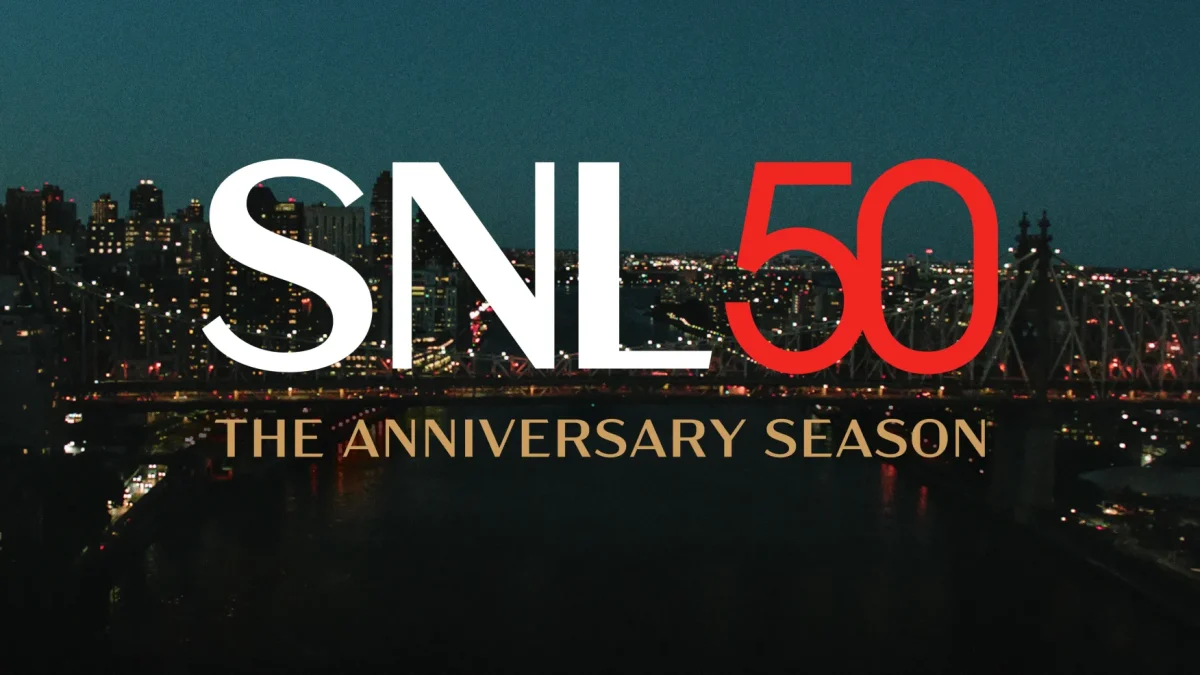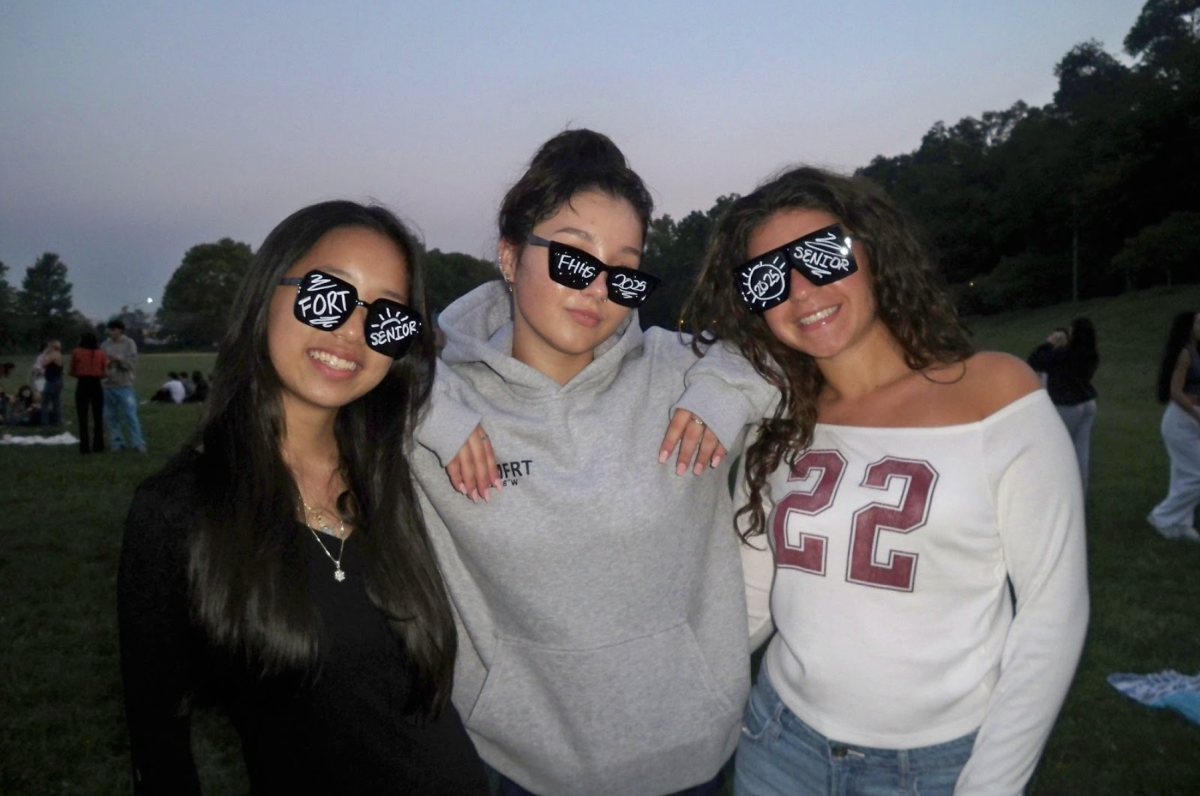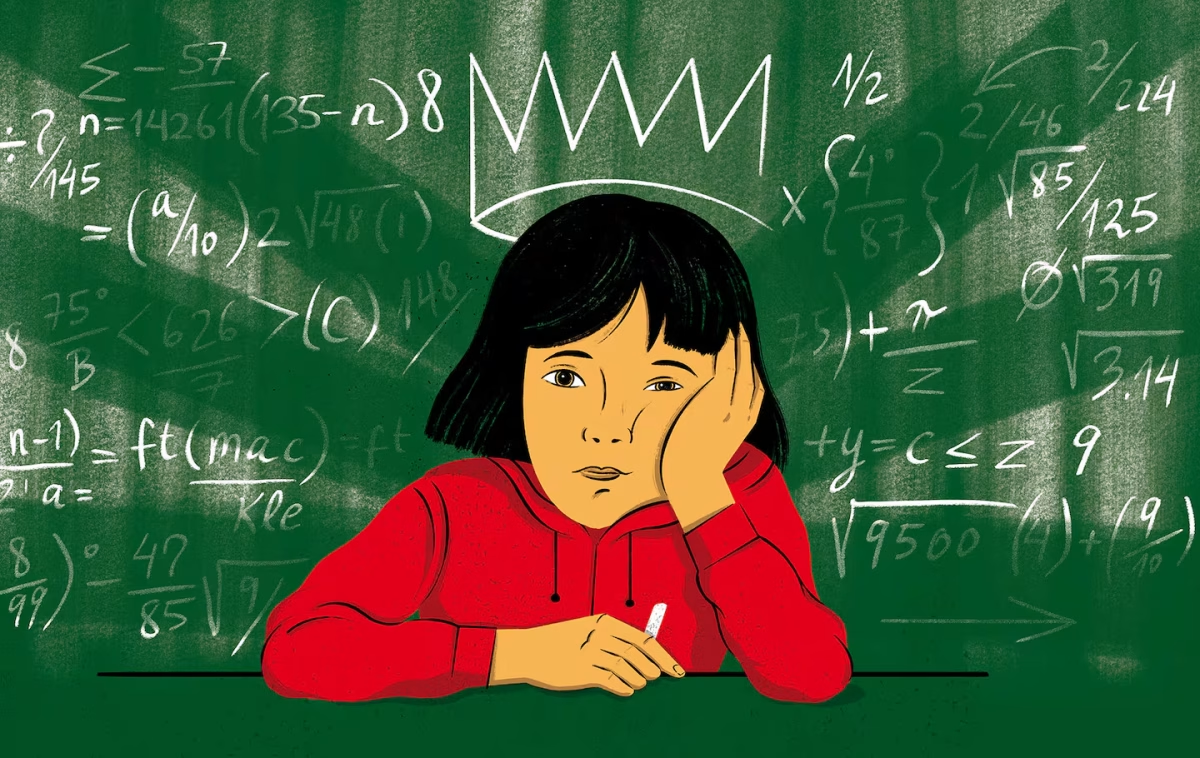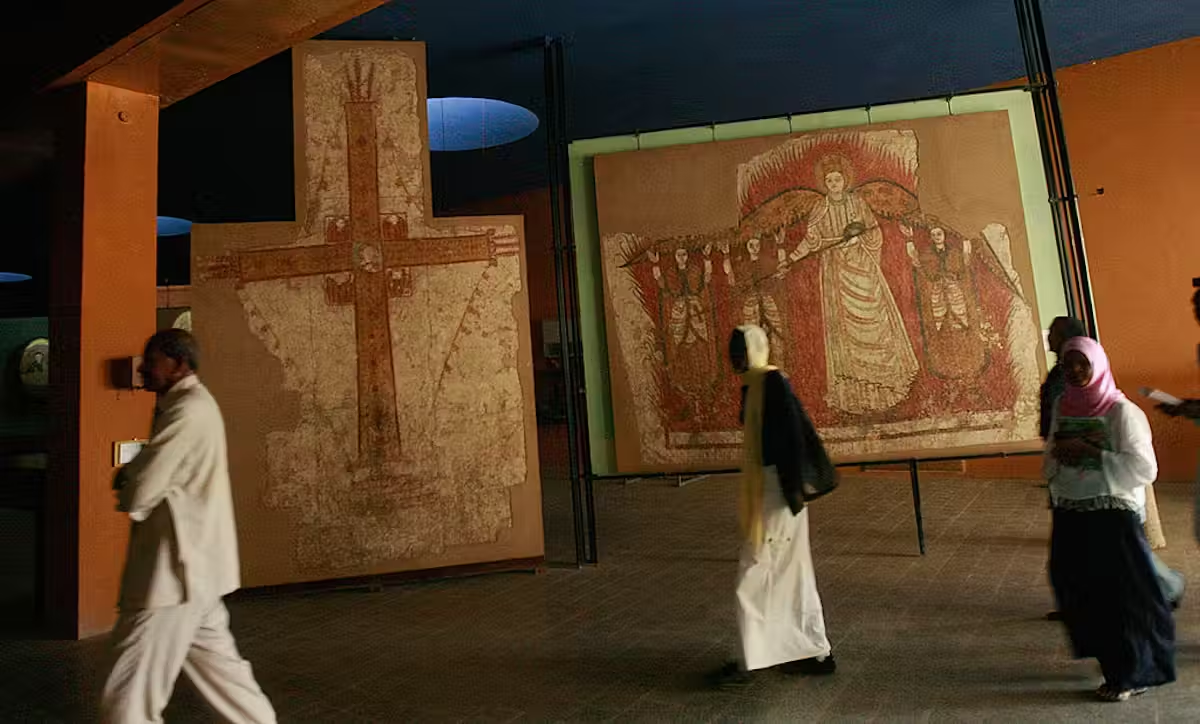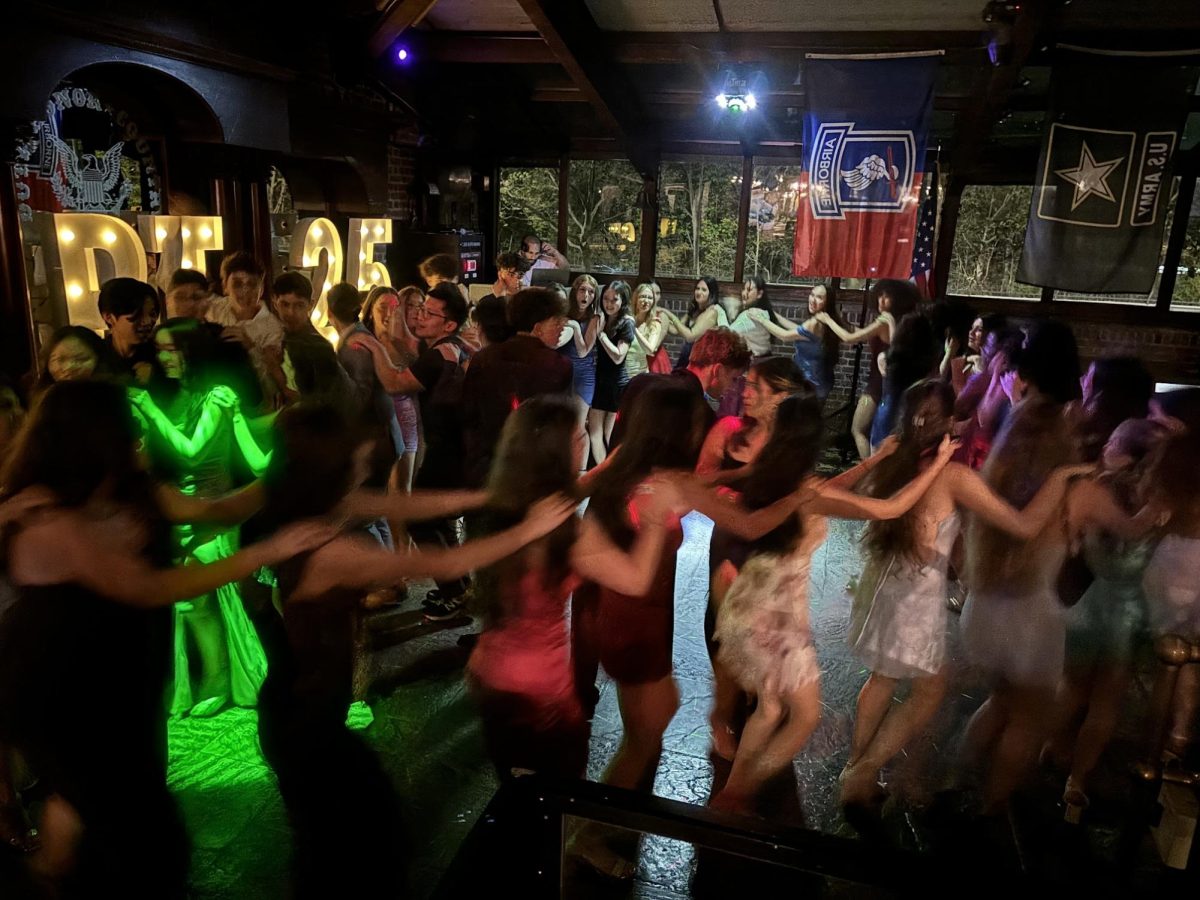The Kingdom of Kush, one of the earlier major civilizations in Africa located in what is now Sudan, spread its influence through typical means, trade and industry, but also succeeded in doing so through art. Its styles spread throughout the Nile Valley, particularly with regards to the intricate styles of pottery used within Kush. Later in its history, various Kushite rulers took power in Egypt, which had a great influence upon the kingdom’s artwork. This art has been a key tool for many researchers and historians in delving into the history of East Africa and Sudan, in particular. These cultural and historical shifts and the art that reflects these shifts, though, are no longer available to be studied for future generations. The reason for that? They no longer exist.
In late August of 2024, reports emerged that the Rapid Support Forces (RSF, a terrorist organization behind crushing anti-junta protest in 2019 as well as being the forces behind the Darfur genocide, looted the National Museum of Khartoum. The museum itself, one of the largest in the nation, was founded in 1971 in Sudan’s capital city. In the process of the theft, artwork and monuments from as far back as 2,500 BCE were either destroyed or stolen. The looted and smuggled artifacts vary from simple art and artifacts to even ancient embalmed mummies.
This, however, is not new. In June of 2023, similar allegations were made against the RSF, who had been seen loading trucks with artifacts and sending them out of the museum and towards the border of South Sudan. The RSF itself took power in a coup within Sudan in 2021, allying itself with the nation’s existing military; after the transition in power began, however, a power struggle between the RSF and the Sudanese Armed Forces (SAF) also began. Since 2023, this power struggle has led to a brutal Civil War within Sudan.
The RSF, funded and supported by Russian-controlled Wagner Group, the United Arab Emirates, and Israel, has also been criticized by the United Nations for their attacks on civilians and civilian regions such as in el-Fasher in Darfur, which have resulted in around 2 million Sudanese having to flee their country entirely. This has resulted in a growth of the Sudanese community within Brooklyn, similar to what occurred during the previous Darfur genocide; in Bed-Stuy for instance, Sudanese-Americans have revitalized local businesses and formed local community. Regardless of location, however, the impacts of the war within Sudan have been felt by all Sudanese. Since September 8, 2023 and the start of the civil war, around 150,000 Sudanese have been killed and 10 million have been internally displaced. This massive civilian death toll has resulted in claims of genocide being made against the RSF, particularly from Human Rights Watch.
While the destruction of art is only one facet of the RSF’s actions in Sudan, many historians and experts worry that this could be a part of the RSF’s larger efforts to destroy Sudanese culture and the cultures of various other ethnic minorities being targeted by them at the moment. The vast amounts of art, historical artifacts, and pieces of history that decades of research went into discovering, will no longer be available for anyone except for the militia that looted or stole them, excluding those that may have been destroyed entirely. The Kingdom of Kush’s history spanned approximately 12 centuries – it’s simply a shame that the art that was such a core part of it won’t be able to be shown to the public for just as long.








